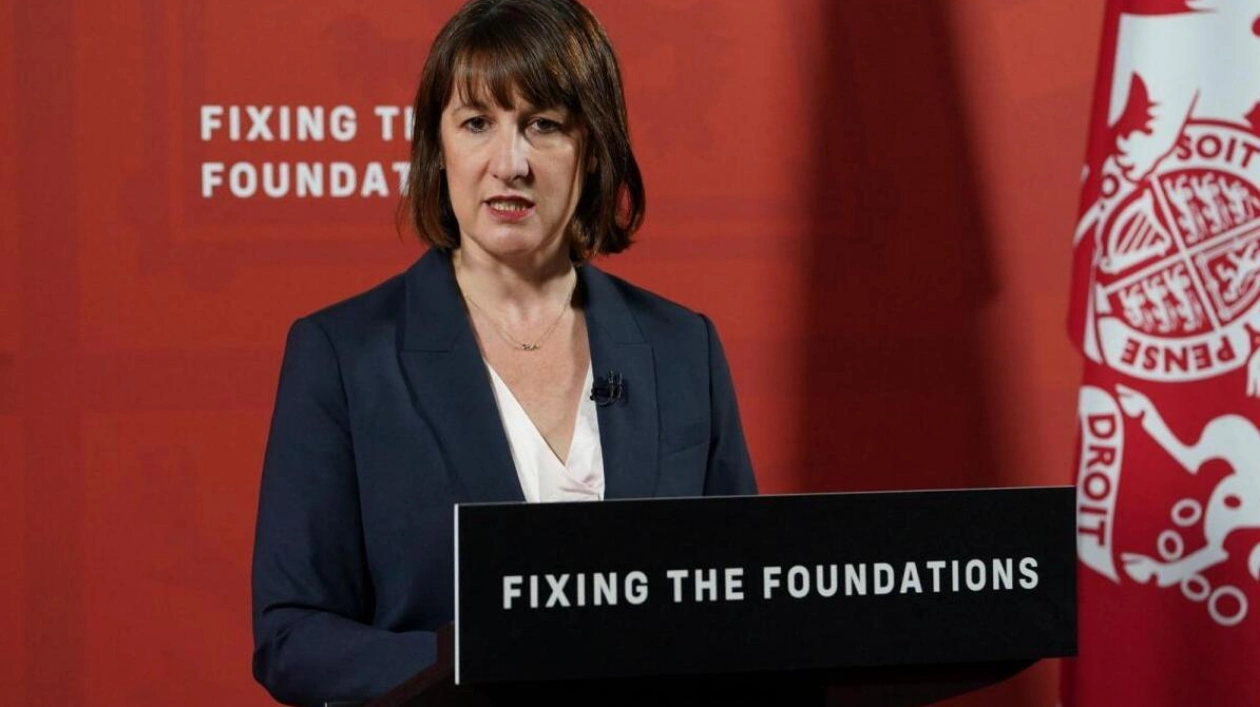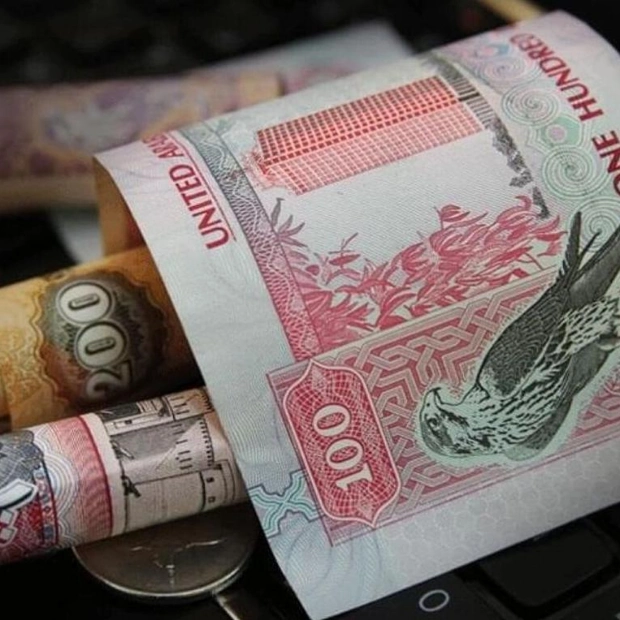British Finance Minister Rachel Reeves is set to increase taxes when she unveils her budget in three months, though her choices are constrained by her pledge not to hike taxes for 'working people'. On Monday, Reeves disclosed that the Labour government, which secured a significant victory in the July 4 election, has taken over public finances with a £22 billion deficit. She has cautioned that tax increases will be necessary in the October 31 Budget, while adhering to Labour's manifesto pledge not to raise income tax, national insurance, value-added tax, or corporation tax rates.
Here are some of Reeves' potential strategies: CAPITAL GAINS TAX. Capital gains tax (CGT) generated £15 billion last financial year, representing approximately four percent of total income tax receipts. Reeves might aim to boost this amount. CGT is levied at a lower rate than the top rates of income tax, reflecting previous efforts to promote entrepreneurship. However, this has prompted hundreds of thousands to convert regular income into capital gains to reduce their tax liability. The Resolution Foundation suggests Reeves could raise CGT rates but mitigate the impact by reintroducing indexation, meaning capital gains would only be taxed after accounting for inflation. Combined, these measures could yield £7.5 billion. She could also increase taxes on dividends.
INHERITANCE TAX. This is a politically sensitive issue, with past governments shying away from significant reforms to inheritance tax, which currently affects only four percent of deaths, raising around £7.5 billion annually. IHT is charged at 40 percent on estates valued above £325,000, a threshold unchanged since 2009, with additional allowances for transferring family homes to younger generations. This system increasingly benefits wealthier families. The Institute for Fiscal Studies believes £2.7 billion could be raised by reducing some IHT allowances, which exempt assets such as family businesses, farmland, woodland, and pension savings.
PENSION REFORMS. Reeves could adjust pension tax reliefs to generate additional revenue, such as the tax-free lump sum allowing pensioners to withdraw 25 percent of their pension as cash without tax, up to £268,275. The IFS estimates that eliminating this allowance entirely could raise £5.5 billion in the long term. She could also decrease the generosity of tax reliefs on pension contributions for higher-rate taxpayers by implementing a flat rate.
FUEL DUTY. Taxes on motor fuels have been frozen annually since 2011, with the exception of a temporary cut in 2022/23. Previous governments theoretically planned to increase fuel duty to improve public finances but never acted on it, fearing public backlash. Economists have criticized this as a fiscal charade, which Reeves could end on October 31, enhancing the government's environmental stance. In the March budget by the previous Conservative government, the latest cancellation of the fuel duty increase cost over £3 billion in 2024/25.






